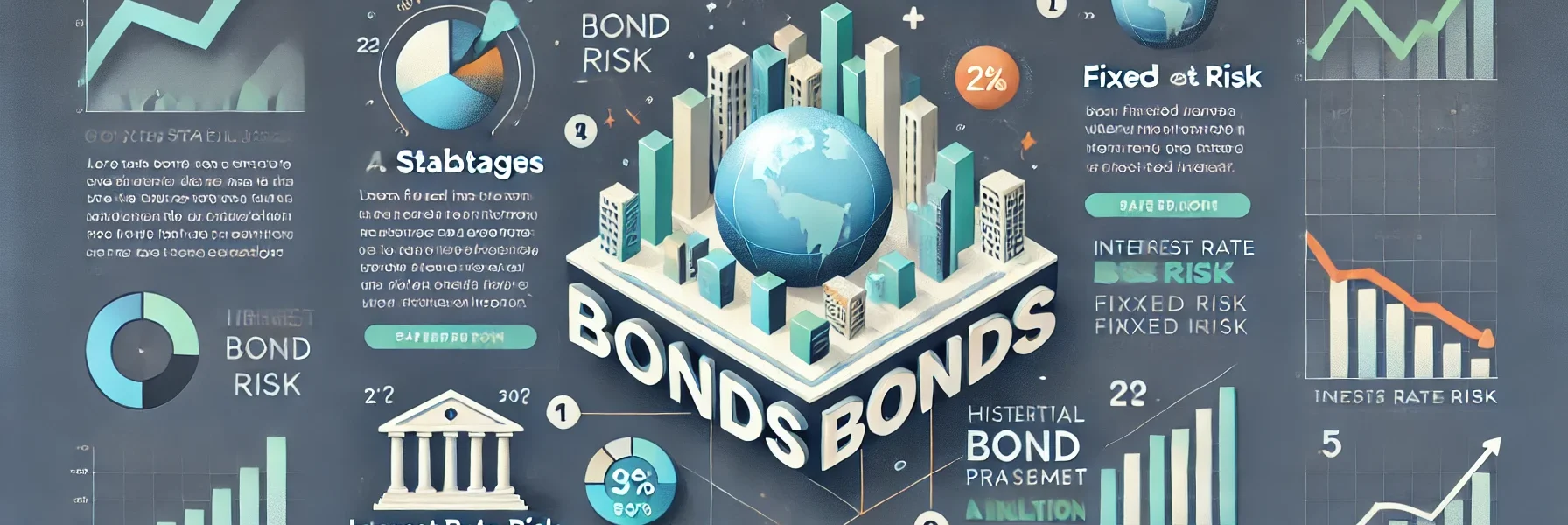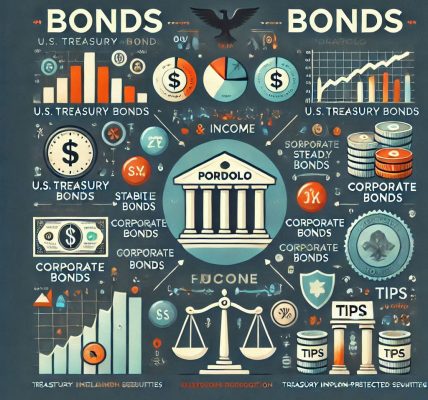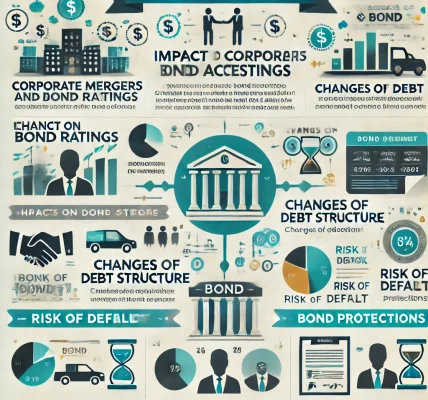During periods of economic uncertainty, investors often seek safe and stable assets to protect their portfolios. One of the most common questions during a recession is whether bonds are a good investment. Bonds, known for their lower risk compared to stocks, can offer a safe harbor in turbulent times. However, understanding their potential benefits and risks during a recession is crucial for making informed investment decisions.
In this comprehensive guide, we will explore whether bonds are a smart investment during a recession, their advantages and disadvantages, and how to strategically invest in bonds to navigate economic downturns.
What Happens to the Economy During a Recession?
A recession is defined as a prolonged period of economic decline marked by reduced consumer spending, rising unemployment, and falling GDP (Gross Domestic Product). During recessions, businesses often struggle, financial markets become volatile, and investors seek safer assets.
Key characteristics of a recession:
- Declining consumer confidence and spending
- Increased unemployment rates
- Lower corporate earnings
- Central banks often reduce interest rates to stimulate the economy
Given these conditions, many investors turn to bonds due to their perceived safety and reliable income.
Why Are Bonds Considered Safe During a Recession?
Bonds, especially government and high-quality corporate bonds, are often viewed as a safer investment during economic downturns for several reasons:
- Fixed Income: Bonds provide regular interest payments, offering predictable cash flow even during a recession.
- Lower Volatility: Bonds are typically less volatile than stocks, providing portfolio stability during market turbulence.
- Capital Preservation: High-quality bonds, such as U.S. Treasury bonds, are considered low-risk and help protect capital.
- Inverse Relationship with Interest Rates: During recessions, central banks often lower interest rates. When interest rates fall, bond prices typically rise, providing capital gains for existing bondholders.
Types of Bonds to Consider During a Recession
Not all bonds perform equally during a recession. Understanding the different types of bonds can help you choose the best options for your portfolio.
1. Government Bonds
- U.S. Treasury Bonds: Backed by the U.S. government, these bonds are considered the safest investment. They offer lower yields but provide a virtually risk-free return.
- Municipal Bonds: Issued by state and local governments, these bonds offer tax advantages and are generally low-risk.
Why they work in a recession: Government bonds are highly reliable, and their prices often increase as investors seek safety.
2. Investment-Grade Corporate Bonds
- Issued by financially stable corporations with high credit ratings (BBB and above).
- These bonds offer higher yields than government bonds while still being relatively low-risk.
Why they work in a recession: High-quality corporate bonds tend to remain stable, especially from essential industries like utilities and consumer staples.
3. Treasury Inflation-Protected Securities (TIPS)
- These government bonds are indexed to inflation, protecting your purchasing power.
Why they work in a recession: In case of rising inflation during a recovery, TIPS provide protection against the erosion of value.
4. Agency Bonds
- Issued by government-affiliated organizations (e.g., Fannie Mae, Freddie Mac).
- Considered low-risk and offer slightly higher yields than Treasuries.
Why they work in a recession: They are backed by the government and provide a balance of safety and returns.
Potential Risks of Investing in Bonds During a Recession
While bonds offer many benefits during economic downturns, they are not without risks. Understanding these risks can help you make informed decisions.
1. Inflation Risk
- If inflation rises unexpectedly, bond purchasing power can erode.
- Long-term bonds are particularly vulnerable to inflation.
2. Credit Risk
- Corporate bonds carry the risk that the issuer may default on payments.
- High-yield (junk) bonds are more vulnerable during economic stress.
3. Interest Rate Risk
- If interest rates rise after the recession, existing bond values may fall.
- Long-term bonds are more sensitive to rate changes.
4. Liquidity Risk
- Some corporate and municipal bonds may be harder to sell during a recession.
Strategies for Investing in Bonds During a Recession
To maximize the benefits and mitigate the risks, consider these strategies when investing in bonds during a recession.
1. Diversify Your Bond Portfolio
- Mix government, corporate, and inflation-protected bonds.
- Diversification helps balance risk and return.
2. Focus on High-Quality Bonds
- Prioritize investment-grade and government-backed bonds for stability.
- Avoid high-yield bonds during recessions due to their default risk.
3. Ladder Your Bonds
- Invest in bonds with staggered maturities to balance short-term liquidity and long-term returns.
- This strategy reduces interest rate risk and ensures cash flow.
4. Consider Bond Funds or ETFs
- Bond mutual funds and exchange-traded funds (ETFs) provide diversification and liquidity.
- Choose funds specializing in high-quality bonds.
5. Monitor Economic Conditions
- Keep an eye on interest rate policies, inflation trends, and credit markets.
- Adjust your bond holdings as the economy shifts.
Real-World Performance of Bonds in Past Recessions
1. 2008 Financial Crisis
- U.S. Treasury bonds performed exceptionally well, offering safety and rising prices.
- Corporate bonds faced pressure, but investment-grade bonds remained relatively stable.
2. COVID-19 Recession (2020)
- Treasury yields fell to record lows, boosting bond prices.
- Corporate bonds recovered quickly due to government intervention and support.
Legal Considerations When Investing in Bonds
When investing in bonds, ensure compliance with legal and regulatory standards to avoid legal complications:
- Disclosure Compliance: Ensure bond issuers provide transparent information.
- Investment Suitability: Match your bond investments to your financial goals and risk tolerance.
- Tax Implications: Understand tax obligations on bond interest and capital gains.
Disclaimer: This content is for informational purposes only and should not be considered legal or financial advice. Consult a professional advisor for personalized guidance.
Conclusion: Are Bonds a Good Investment During a Recession?
Bonds can be a valuable addition to your portfolio during a recession due to their stability, predictable income, and lower risk profile. Government and investment-grade corporate bonds, in particular, provide reliable returns and capital preservation. However, it is essential to understand the associated risks and implement strategies such as diversification and bond laddering to optimize outcomes.
By staying informed and adopting a strategic approach, investors can use bonds to protect their wealth and maintain financial stability during uncertain economic times.




